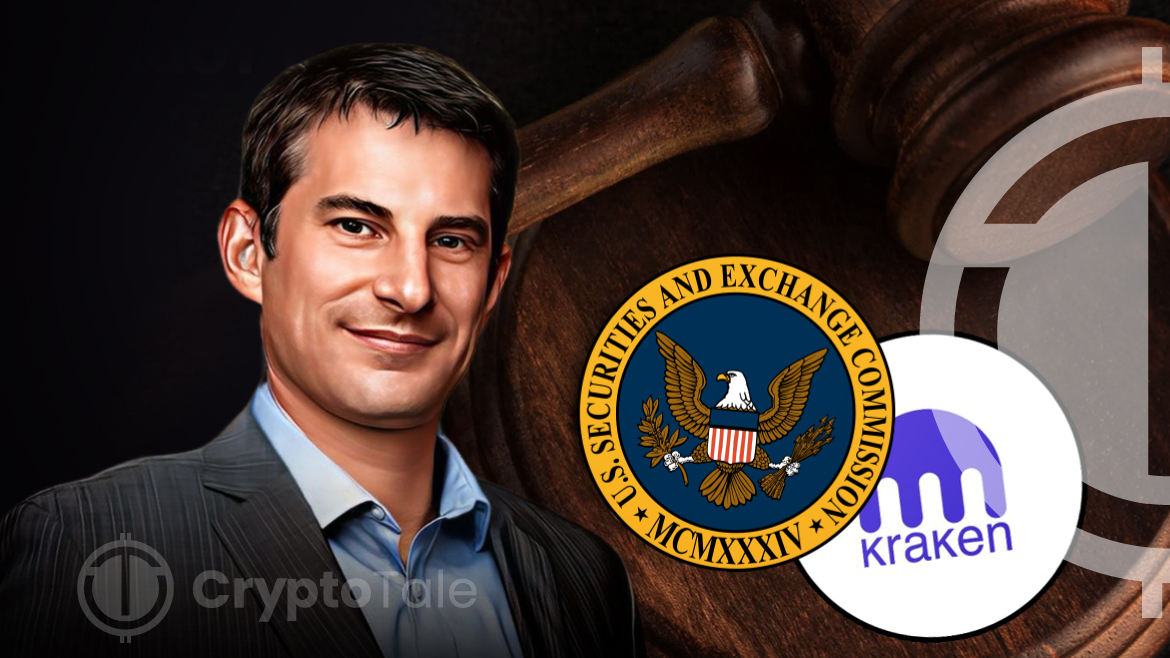- Kraken filed a motion in court to dismiss the SEC’s lawsuit, claiming it was flawed.
- CEO Dave Ripley highlights the flaws in the SEC’s arguments, arguing that cryptocurrencies are commodities rather than securities.
- Ripley highlights the potential risk of the US losing the crypto lead if the SEC’s stringent regulatory rules continue.
Kraken CEO Dave Ripley, in a recent X post and an accompanying blog post, presented a detailed sketch of the company’s approach toward the SEC lawsuit. Claiming the SEC’s argument as “flawed,” Kraken filed a motion in the court to dismiss the SEC lawsuit.
In November 2023, the Securities and Exchange Commission (SEC) sued Kraken for allegedly operating as an unregistered exchange, dealer, broker, and clearing agency. Kraken argued that the SEC’s complaint was prejudiced and requested the court to dismiss the case.
Tracing back to the regulator’s scrutiny over the company, the SEC filed the lawsuit after Kraken questioned the SEC’s “overreach in crypto and its flawed regulation-by-enforcement approach to policymaking.” While Kraken advocated for Congress’ intervention in crypto regulations, the SEC charged the company with several charges.
Following the dismissal motion, Ripley wrote on X, urging crypto investors to fight against the SEC’s inconvenient regulatory strategies. He asserted, “They should be free to earnestly advocate for better law and more efficient markets.” Further, sharing insights on the motion, Ripley stated,
Today, Kraken is moving to dismiss the complaint. It was timed to intimidate those who would question the SEC’s jurisdiction, and it fails to allege any securities were traded on Kraken, illegally or otherwise.
Moreover, Ripley criticized the SEC’s arguments, arguing that it has “no limiting principle.” While the SEC’s claims are based on the theory of securities, Kraken asserted that the cryptocurrencies in question are commodities. Ripley’s X post stated,
The court should not endorse this theory because it has no limiting principle. It would give the SEC boundless authority over commerce – from collectibles, such as sports memorabilia, trading cards, expensive watches, to commodities like diamonds.
In addition, Ripley posited that the United States should be free from the stringent regulatory rules of the SEC when other nations continue to advance in crypto rulemaking. Pointing out the country’s threat of losing the crypto lead, he stated, “The U.S. risks losing its standing as a world leader in innovation if it continues allowing its regulatory agencies to assert statutory authority without explicit permission from Congress.”






